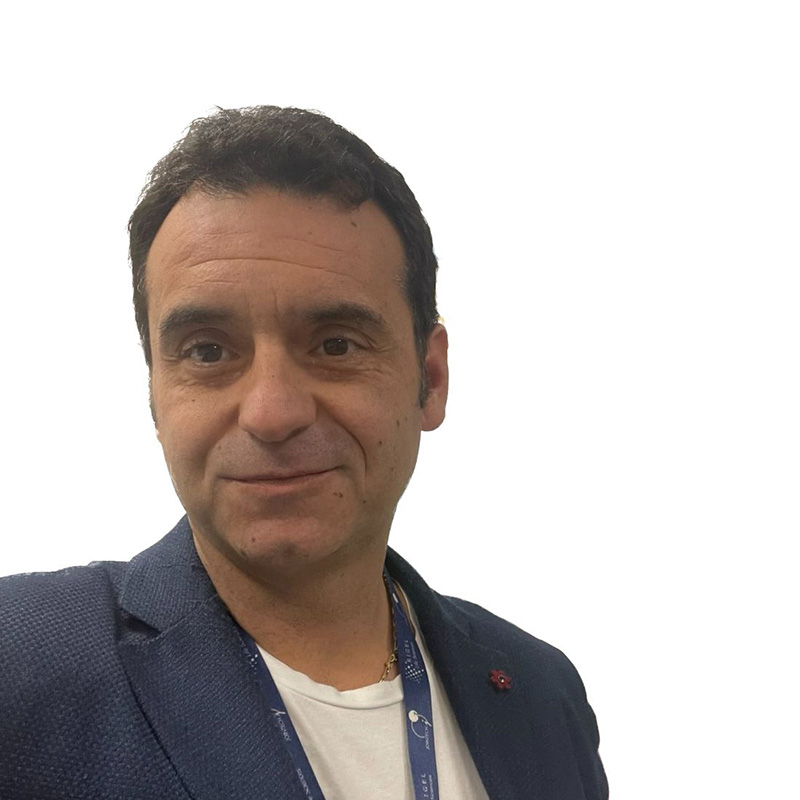What does Quality mean to us

by Nicola Del Giacomo
Corporate Quality is a rather specific and extremely dynamic concept. The concept of quality is often reductively associated with the numerous certifications and qualifications that a company can obtain. In reality, observing the experience of companies that have built lasting successes, it turns out that quality is a company management principle that aims at excellence in the long term. For a company, working in quality represents a specific concept as the quality produced internally must integrate as effectively as possible into the specific needs of its customer, who in most cases will not be the final consumer but another company. Unlike an end consumer, for whom the quality of a product is classically defined on the basis of performance, attributes, durability or similar profiles, a company’s requirements are much more complex. Technical support, logistical timing, legislative and regulatory compliance, qualifications and certifications are just some of the requirements that a company must implement to produce Quality for its customers. Furthermore, each industrial sector is characterized by specific qualitative requirements that operate in a diversified way along the entire production chain. The quality requirements take on different meanings and weights in relation to the context in which they are performed and the specific location in the supply chain in which they are required.
The world of pharmaceutical production is characterized by extremely stringent quality requirements. The reasons are many but can be closely related to some peculiarities of the sector, including:
- The direct and high impact on health;
- The economic-financial importance of the sector;
- The extreme regulation that pervades every aspect of the industry;
- The multiplicity of actors who intervene along the entire production chain.
This last aspect proves to be crucial for all those players who, while not directly involved in pharmaceutical production, provide their services or supply their products to the pharmaceutical industry. The more critical the service or product provided to the pharmaceutical customer, the higher the customer’s demand for Quality. This means that each actor must be able to best interpret their role in relation to the customer’s requests and give a specific content to the concept of quality. Companies that provide critical products or services to the pharmaceutical world play a very important role since it is also on the basis of the results of their work that the pharmaceutical customer confidently releases their products to the consumer market.
Rigel Life Sciences has been operating for over a decade as a strategic partner of leading pharmaceutical manufacturers both in Italy and abroad, providing its integrated services for monitoring contamination in a controlled sterility environment. Today it offers its customers a series of cutting-edge solutions ranging from stand-alone instrumentation to the design of automated systems for monitoring the environmental parameters of clean rooms.
Behind Rigel’s success lies the ability to have created a corporate quality that over the years has been recognized by customers as a real added value.
In fact, the success of Rigel Life Sciences stems from the strategic choices of top management inspired by a vision of perennial excellence. Investments, partnerships, objectives and resources have been planned to achieve lasting success on the market, sought through the constant satisfaction of the needs of its customers.
From the beginning, when Rigel Life Sciences counted only a few people and many ideas, the main effort was to become a reliable partner for the customer. The people who gave birth to Rigel Life Sciences were aware that the technical level of the company was still to be developed but for this reason it would have been essential, for future success, to build a quality path based on seriousness, professionalism, personal commitment, transparency and work ethic. Almost an unwritten motto shared by all, according to which “we are not yet the first and for this we must work harder than the others”. A corporate vision according to which a product with superior technical characteristics alone is not enough to make an excellent company. But we need those values on which Rigel Life Sciences has built its history.
The path that has led Rigel Life Sciences to build a robust corporate quality has been gradual and constant and always driven by the ambition to do better. A path also made up of difficulties and defeats which however have left important lessons and have contributed to achieving important goals. The initial ISO 9001 Quality certification followed by ISO 17025 accreditation as a CAB centre, the acquisition of industrial patents and the launch of Rigel brand products, the birth of new partnerships and the acquisition of other companies, the conquest of the national market and the push towards internationalization are all goals that are based on the historical values of Rigel and that people have been able to correctly interpret by modeling them as the competitive scenario changed.
The growth of company quality has gone hand in hand with the growth of company size. The quality requirements of Rigel Life Sciences today are much more complex and are typical of a multi-brand and multi-divisional company that has crossed national borders to compete globally. The quality required in the service was followed by the quality required in the design. Quality closely linked to projects and services was followed by the request for compliance with specific requirements such as Corporate Social Responsibility which gave rise to the launch of improvement programs in terms of Health, Safety and the Environment. The technologies available are top-notch and the skills of the human resources are differentiated and high-profile. What has remained constant and is embodied in the company quality policy is the spirit with which work is tackled, both the ordinary everyday one and the extraordinary one for new projects. However, working in quality means being reliable for the customer, and therefore correctly interpreting his expectations in order to effectively direct efforts and resources. Quality in Rigel means many things, mainly keeping the commitments made with the customer. Quality in Rigel means reliability.
